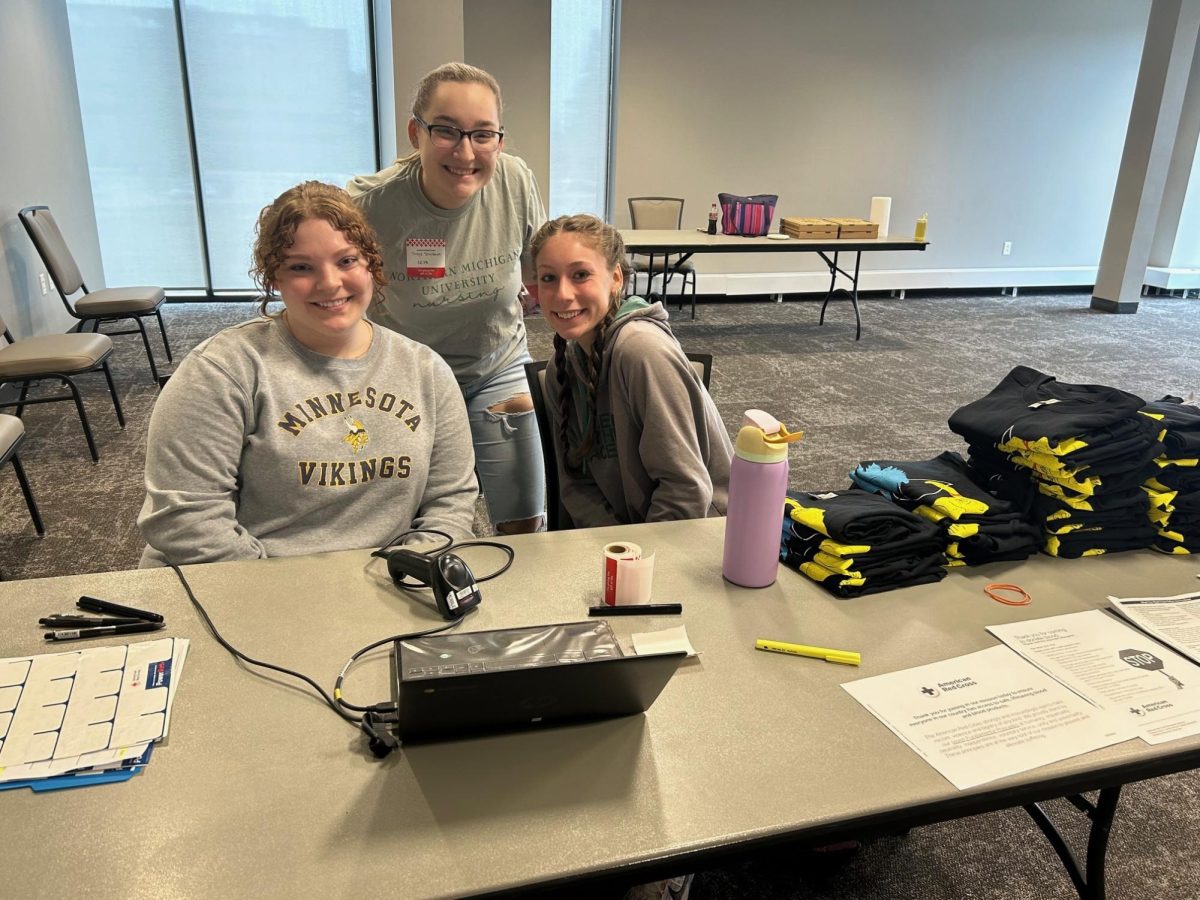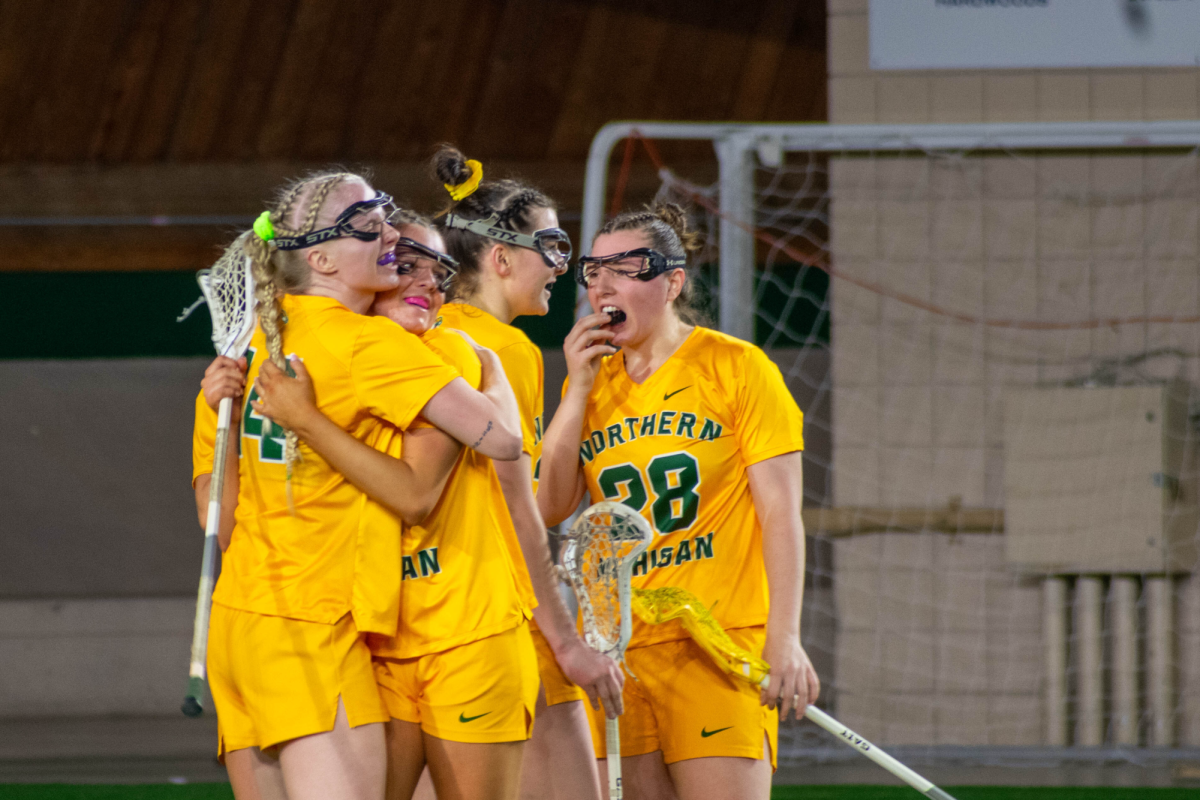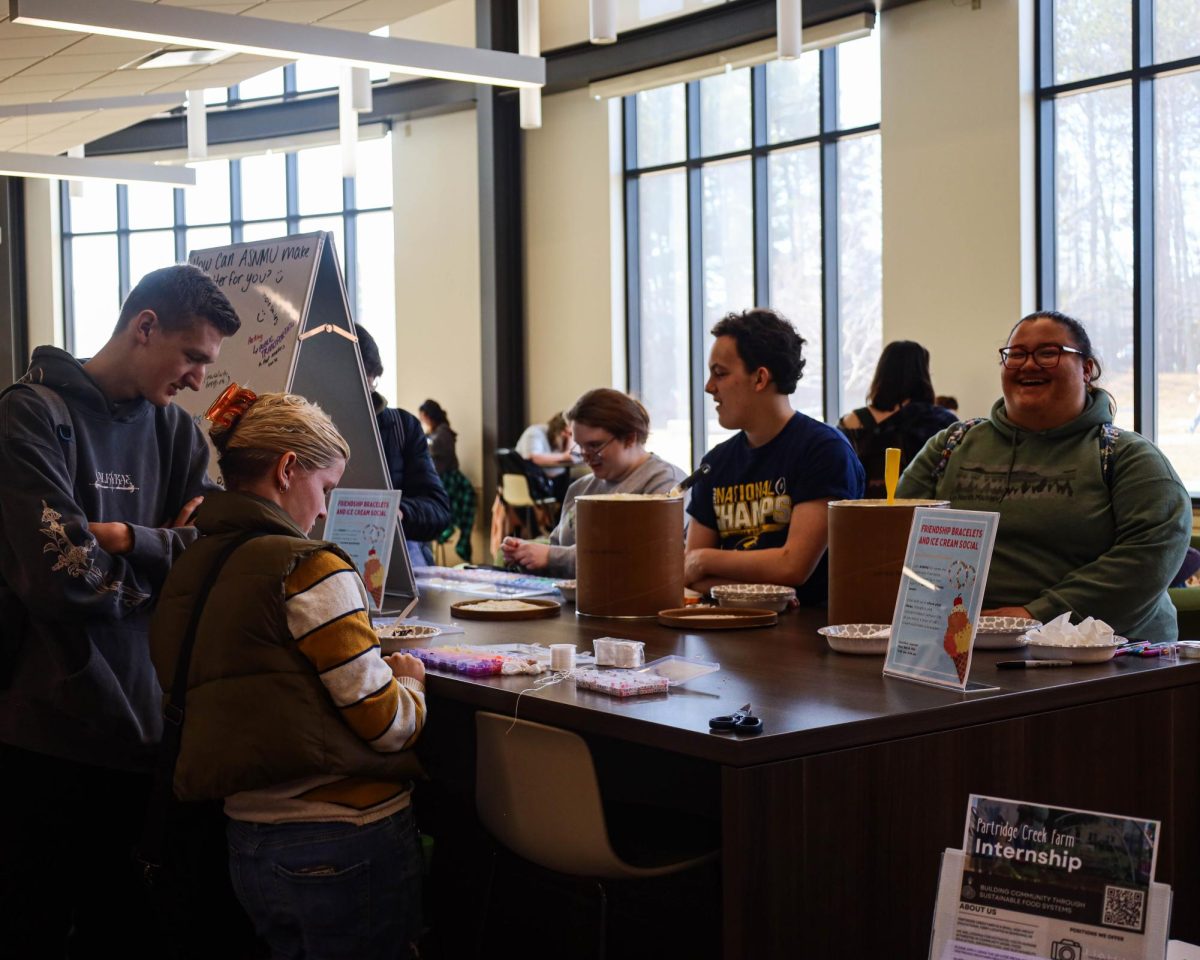On Wednesday Sept. 23, the Northern Michigan University chapter of the American Association of University Professors (AAUP) voted against a proposed contractual agreement with the administration. The proposed three-year contract was denied ratification in a 132 to 107 outcome. In the years since professors first unionized at NMU in early 1970s, a contract has never before been voted down.
The fact that this decision is a historical event brings up a serious point: faculty feels they deserve more than what is being offered to them, and they may be right. While the result of the vote may have come to a surprise to some who have come to accept that contracts are usually approved, it brings to the forefront some issues that obviously need closer inspection on both sides of the negotiating table.
Having an approved contract as soon as possible would be the ideal situation, but turning down the contract has provided an opportunity for the members of the AAUP to make sure they get what they feel necessary to effectively do their jobs.
Any contractual agreement has an effect on not only faculty and administration, but the student body as well. What happens to our professors ultimately happens to us as well. It is not only the quality of our education that depends on it, but the quality of life, in terms of benefits and workplace gratification, for those who provide that education.
We understand there are legitimate concerns and dissatisfaction with parts of the contract which members of the AAUP feel are not adequately addressed. Major concerns include large class sizes with lack of faculty, qualifications for promotion and tenure, as well as shared governance between faculty and the administration.
Administration needs to focus on their greatest resource, which is faculty. Without them this university would not be functioning, therefore they should work with them and be flexible towards their wants and needs.
It is impossible to say at this juncture where the best solution may lie, but we encourage both faculty and administration to go back to the bargaining table to find a universally appeasing resolution. Although we remain concerned for the current situation, we are optimistic a resolution will be introduced within a timely manner. We wish the best of luck to both faculty and administration during the ongoing negotiations.

























